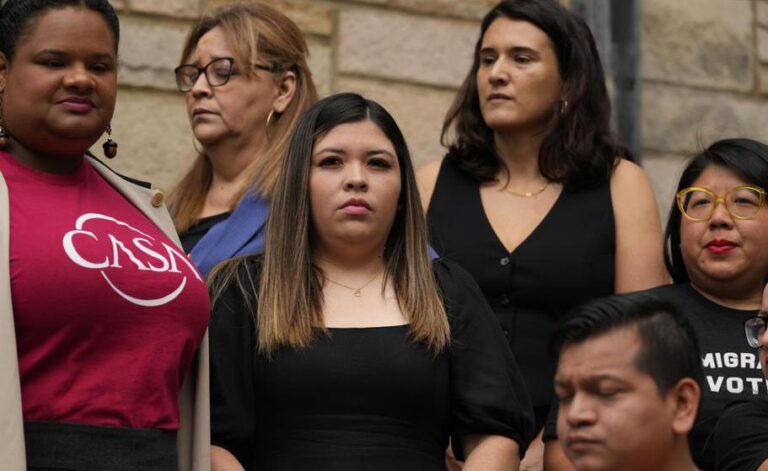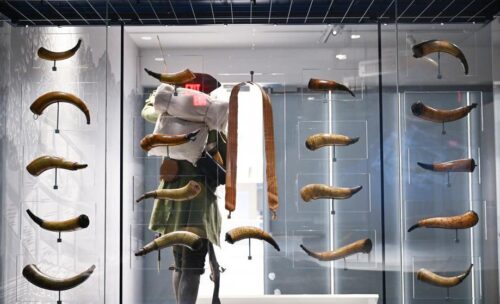NASHVILLE — Kilmar Abrego Garcia, whose mistaken deportation has become a flashpoint in President Trump’s immigration crackdown, pleaded not guilty on Friday to human smuggling charges in a federal court in Tennessee.
The detention hearing was the first chance the Maryland construction worker has had in a US courtroom to answer the Trump administration’s allegations against him since he was mistakenly deported in March to a notorious prison in El Salvador.
Facing court orders and mounting pressure to return Abrego Garcia, the Republican administration brought him back to the US last week. But it was to face criminal charges related to what federal prosecutors said was a human smuggling operation that transported immigrants across the country.
Abrego Garcia’s attorneys have characterized the smuggling case as a desperate attempt by the Trump administration to justify his mistaken deportation three months after the fact.
The charges stem from a 2022 traffic stop in Tennessee during which Abrego Garcia was driving a vehicle with nine passengers. His lawyers have called the allegations “preposterous.’’
Friday’s hearing will determine whether Abrego Garcia should be released from jail as he awaits trial. In briefings before the hearing, US attorneys described him as a danger to the community and a flight risk, while his public defenders said the charges aren’t serious enough for detention.
Friday’s proceeding included testimony from a Department of Homeland Security agent who quoted three unnamed witnesses who spoke to a grand jury about Abrego Garcia’s alleged actions.
Special agent Peter Joseph said that the witnesses saw Abrego Garcia trafficking people, guns, or drugs and that Abrego Garcia earned upwards of $100,000 a year. One man said he saw Abrego Garcia bothering underage girls in a sexual way, Joseph testified, while a woman said Abrego Garcia had solicited nude photos of her when she was 15 and believed he was in the MS-13 gang.
During cross-examination, Abrego Garcia’s attorneys raised questions about possible conflicts of interest. One man is a felon who’d been previously deported and was serving a 30-month sentence when investigators contacted him, Joseph acknowledged.
The second man is a close relative of the first witness and “said he would help in return for his release from jail,’’ said Richard Tennent, an assistant federal public defender. The third witness had previously been compensated for her work with law enforcement.
Tennent pointed out that one of the witnesses told investigators that Abrego Garcia would drive roundtrip between Maryland and Houston — nearly 24 hours each way — two or three times per week. The witness said that Abrego Garcia nearly always had two of his children and his wife with him.
Tennent pointed out that Abrego Garcia has three children, two of whom are autistic.
Abrego Garcia is a citizen of El Salvador who had been living in the US for more than a decade before he was deported. The expulsion violated a 2019 US immigration judge’s order that shielded him from deportation to his country because he likely faced gang persecution there.

